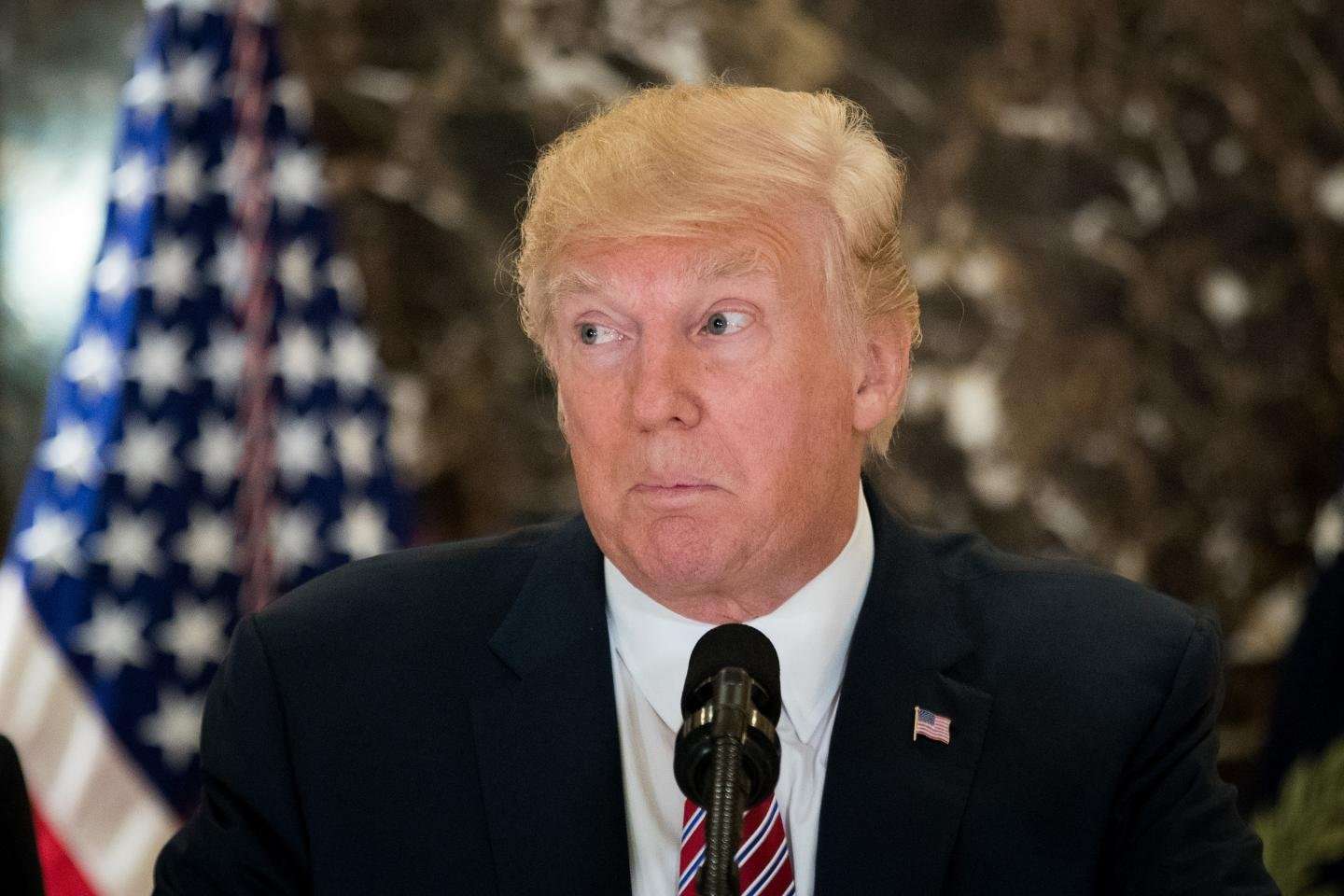More than a dozen Republican senators introduced new legislation seeking to put a cap on presidential emergency powers, days before they were expected to vote on a measure against President Donald Trump's national emergency declaration on immigration.
In a statement introducing the legislation, Senator Mike Lee of Utah said he spearheaded the bill in a bid to stop a president from "acting like a king [by] taking back the legislative powers that allow him to do so." The new bill, he said, "will go a long way to restoring the balance of powers in our republic."
If passed, the new legislation, called the Assuring That Robust, Thorough and Informed Congressional Leadership Is Exercised Over National Emergencies (Article One) Act, would require the approval of Congress for any national emergency declaration to continue beyond 30 days. Without congressional approval, the declaration would be terminated.
In a backgrounder on the new bill, Lee's office said that "most people would agree that Congress should grant the president some degree of emergency power.
"In obvious cases, the president should have the statutory authority to respond to an immediate crisis, such as an act of war or natural disaster," it said. "The problem is that emergency powers are vulnerable to abuse; they can act as a cheat-code that undermines our system of separation of powers and enables the president to bypass the difficult work of enacting legislation."
Many have accused Trump of doing just that with his national emergency declaration, which he announced on February 15 in an apparent bid to bypass Congress and obtain billions of dollars in funding for the construction of his long-promised border wall between the U.S. and Mexico.
But while Trump's recent emergency declaration "focused attention" on the presidential powers afforded under the National Emergencies Act of 1976, Lee's office said, "in reality, the abuse of emergency powers is a bipartisan, decades-long problem."
While Lee's measure would not affect Trump's current national emergency declaration, it would apply to future declarations.
“If Congress is troubled by recent emergency declarations made pursuant to the National Emergencies Act, they only have themselves to blame," Lee said in his personal statement. "Congress gave these legislative powers away in 1976, and it is far past time that we as an institution took them back."
In addition to Lee, 14 other GOP senators have thrown their support behind the bill, including Chuck Grassley of Iowa; Thom Tillis of North Carolina, Mitt Romney of Utah; Ted Cruz of Texas; Joni Ernst of Iowa; Roy Blunt of Missouri; Jerry Moran of Kansas; Lamar Alexander of Tennessee; Roger Wicker of Mississippi; Ben Sasse of Nebraska; Ron Johnson of Wisconsin; Rob Portman of Ohio; Pat Toomey of Pennsylvania; and Todd Young of Indiana.
Senate Majority Leader Mitch McConnell suggested on Tuesday that he was open to the idea of making changes to presidential national emergency powers.
"We're looking at some ways to revisit the law. There's a lot of discomfort with the law," McConnell told reporters. "Was it too broad back in the '70s when it was passed? So yeah, we're discussing altering that."
Asked directly if he would back Lee's bill, McConnell said that he "may well" support it.
McConnell and Lee did not immediately respond to Newsweek's request for comment.

CantStopTheDredGod on March 13rd, 2019 at 13:00 UTC »
If only GOP Senators had the power to do something!
FLKITEMAN on March 13rd, 2019 at 12:31 UTC »
They're using the template they built in Wisconsin. Let the leader do whatever they want with blind support until they become a lame duck, then handcuff the next leader so they can't reverse any of it or pull the same levers.
Haak333 on March 13rd, 2019 at 12:25 UTC »
So basically it's intended for when Democrats assume control in 2020.